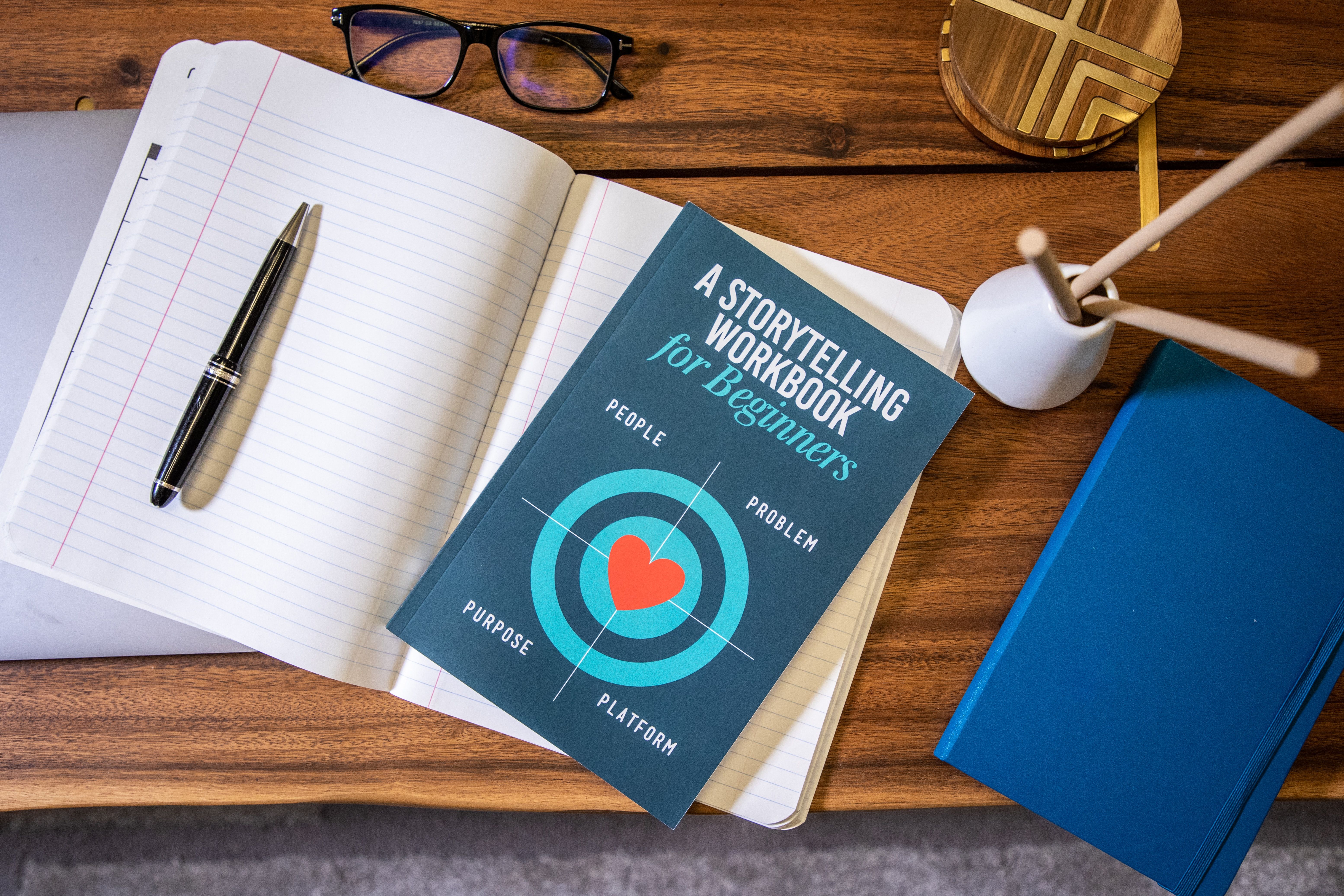Self-publishing has been gaining momentum and is now a legitimate way to publish books. Traditional publishing can provide more exposure, higher levels of professionalism, and credibility. Traditional publishing is not dead yet, but it's no longer the only option for writers. But, let's break it a bit more.
With self-publishing, you get a higher percentage of royalties, a higher chance of success, and total creative control. You also have to pay to produce the book yourself upfront. Managing contractors can be a pain. Decent sales are mostly limited to genre fiction - success is highly unlikely in other genres. Self-publishing is fun, though, and the earning potential is better than you'd expect.
With traditional publishing, you earn a much lower percentage of royalties. Many contracts do offer an advance (which is shrinking across the industry, but hey, you're not starting in the hole). Editing, book design, and distribution are arranged for you. Most contracts are now for the length of copyright (effectively forever as far as you're concerned), and you lose the ability to develop your IP. You're also subject to editorial decisions. Earning six-figure incomes is rare. It also takes forever to get anything out if you can get through the gatekeepers of literary agencies and publishing companies.
With either route, you have to be business savvy to be successful. Protect yourself. Bad contracts can ruin your life either way.

You don't have to choose, though. If you start on either path, it'll give you an advantage if you switch over. It's not either-or. Sub your book around a bit, see if there's any interest, self-pub, whatever.
If you're worried about whether or not you should self-publish or go the traditional route, don't worry – you're not alone! There used to be a huge stigma against self-publishing because of vanity presses that preyed on authors by making them pay upfront for a print run of books… books that usually piled up unsold in the author's bedroom closet.
- Should I use a digital publisher?
- What about the self-publishing stuff I can't do on my own, like the cover design?
- But I don't know how to hire the right people! How do I know if they do good work?
- What if I want a traditional publishing deal? Won't self-publishing my novel make it impossible for me to find an agent and publishing deal?
Should I use a digital publisher?
Today, many "small publishers", "digital publishers," or "e-publishers" are stepping in to fill the role of the scam artist vanity press. These "publishers" will charge you an incredible amount up-front for formatting, editing, cover design, and publishing your book online, and will likely take a chunk of royalties as well. They know that technology is frightening to many authors, so they'll charge you hundreds of dollars for something as easy as pressing a button or filling out a form online.
Well, we say boo to that! With our self-publishing tools, you'll be able to publish your book on your own in a matter of minutes, without having to pay publisher fees or royalties. If you don't want to do it all yourself, though, we can also route you some professionals to work with – with none of the crappy terms that most digital publishers inflict on their authors.
Related Posts:

The Best Self Publishing Companies
Publishing your book is amazing. It can also be confusing if you are starting. This guide will cover the top self-publishing companies you can select for your book.
What about the self-publishing stuff I can't do on my own, like the cover design?
These are fixed fees, and they're much less than you think! The only upfront fees you'll have to pay are the ones that any publisher pays, but YOU get to choose how much you want to invest, and how you invest it. You can do everything yourself if you want to, but here are some estimates for what you can expect to pay for outside of the work we cover with our tools:
- cover design ($20-$200 is reasonable, more for custom artwork)
- editing/proofreading (free if you trade with fellow authors, up to $1000 for a long novel otherwise)
- formatting ($5-$50 is reasonable, more if your book has lots of diagrams or illustrations)
If you are looking at an e-publisher or digital publisher who is trying to charge you more than this AND take a royalty share, run for the hills. Double so for those who charge hundreds of dollars for nebulous advertising promises. I'd even go so far as to say this: never pay for an advertising package. Your money will be wasted 99% of the time.
If you decide to go to a digital publisher, we're opening our doors to fellow authors.
But I don't know how to hire the right people! How do I know if they do good work?
Be wary of digital publishers offering packages for everything under the sun – usually, they're outsourcing the work and getting a kickback percentage on top of the true cost, as well as trying to sell you advertising that doesn't work. And for that privilege, they'll also take a percent of your royalties for pressing "Publish." What a deal!
What if I want a traditional publishing deal? Won't self-publishing my novel make it impossible for me to find an agent and publishing deal?
Firstly, I would examine why you want a traditional publishing deal.
Is it the prestige? If so, then maybe self-publishing isn't for you. However, many self-published authors have hit the USA Today and New York Times bestseller lists without a traditional deal. You can't get much more prestigious than that. They'd rather have ten thousand fans telling them how great their book is than have one editor at a publishing house telling them how great their book is. But that's up to you.
Is it your only book? If this is the only book you'll ever write, then, by all means, go try to get it published by a publishing house. To succeed in this business, you will need to write more than one book, whether you are traditionally published or self-published, but if you don't want to write anymore, might as well shoot for whatever advance they'll give you. You can always come back to self-publishing if every publisher rejects you.
Is it just that you want a traditional publishing deal? Great. Again, go ahead and try for it. I've heard tons of authors who've spent years querying agents only to get nowhere. After they self-published their first novel, though, they got a $5000 publishing deal offer and phone calls with three different agents. Probably you will turn down the offer, but you don't have to if that's your goal!
Is it the money? If so, self-published authors make more than traditionally published authors. This isn't an argument anymore; you can make more money, more quickly, by self-publishing.
Self-publishing isn't for everyone, but I feel that a lot of people avoid self-publishing completely because of their fear of the unknown. And that's what we're here for – to help you through the scary parts, and to realize that it's not as bad as you think. It's doable to self-publish your work at professional quality standards, with a little hard work and a helping hand.
You do the work, we'll give you a hand.